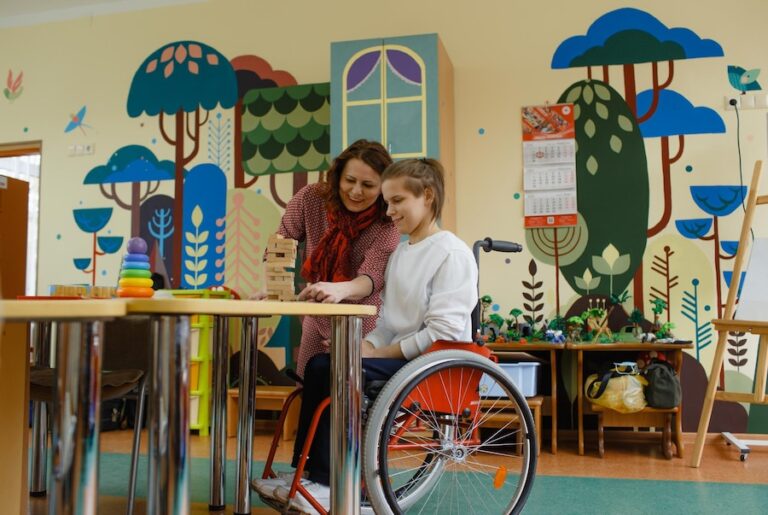The Fundamentals Of Cognitive Behavioral Therapy (CBT)
Cognitive Behavioral Therapy (CBT) is a widely recognized and extensively studied form of psychotherapy. It’s rooted in the belief that our thoughts, feelings, and behaviors are interconnected, and by changing our thoughts and behaviors, we can effectively manage our emotions and improve our overall well-being. In this article, we delve into the core principles and techniques of CBT, shedding light on its fundamental aspects.
To Know More About It Please Click Here
Understanding the Basics
At its core, CBT operates on the principle that our perceptions of situations influence our emotional and behavioral responses. These perceptions are shaped by our underlying beliefs, often formed through past experiences, upbringing, and social conditioning. CBT aims to identify and challenge these maladaptive beliefs and replace them with more realistic and constructive ones.
Key Components of CBT
Cognitive Restructuring: This entails recognizing and combating cognitive distortions, which are unfavorable or twisted thought patterns. Techniques such as cognitive restructuring help individuals recognize irrational thoughts and replace them with more balanced and accurate ones. By reframing their thinking, individuals can alleviate distress and develop healthier perspectives.
Behavioral Activation
CBT emphasizes the role of behaviors in influencing mood and well-being. Behavioral activation entails establishing realistic objectives and partaking in enjoyable and satisfying activities. By increasing positive behaviors and reducing avoidance, individuals can counteract depression and enhance their overall quality of life.
Exposure Therapy
Exposure therapy is commonly used to treat anxiety disorders, particularly phobias and obsessive-compulsive disorder (OCD). This technique involves gradually exposing individuals to feared stimuli in a controlled manner, allowing them to confront their fears and learn that they can tolerate anxiety without catastrophic consequences. Through repeated exposure, individuals experience a reduction in anxiety and an increased sense of control.
Problem-Solving Skills
CBT equips individuals with practical problem-solving skills to effectively cope with life’s challenges. By breaking down problems into manageable steps, setting realistic goals, and generating potential solutions, individuals learn to approach difficulties systematically and constructively. This empowers them to overcome obstacles and build resilience.
Applications of CBT
CBT has been successfully applied to a wide range of mental health conditions, including depression, anxiety disorders, PTSD, eating disorders, and substance abuse. Its structured and goal-oriented approach makes it particularly effective in helping individuals develop coping skills and achieve lasting symptom relief.
The Therapeutic Relationship
Central to CBT is the collaborative relationship between the therapist and the client. Therapists serve as guides and educators, providing support, encouragement, and feedback throughout the therapeutic process. By fostering a safe and non-judgmental environment, therapists empower clients to explore their thoughts and behaviors openly.
Conclusion
In summary, Cognitive Behavioral Therapy (CBT) offers a practical and evidence-based approach to addressing a variety of mental health concerns. By targeting maladaptive thoughts and behaviors, CBT empowers individuals to gain insight, develop coping skills, and achieve meaningful change in their lives. As a versatile and widely utilized therapy, CBT continues to make significant contributions to the field of mental health treatment.
Also, Follow us on Instagram








